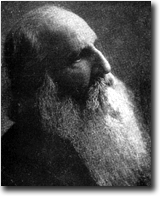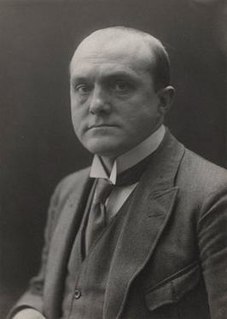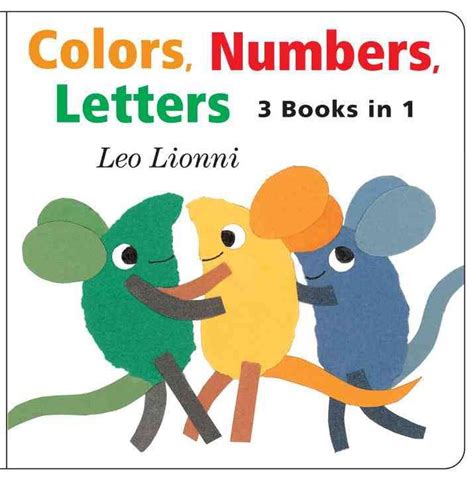Цитата Герхарда Рихтера
Я не доверяю реальности, о которой почти ничего не знаю, но с подозрением отношусь к тому образу реальности, который передают нам наши чувства и который является неполным и ограниченным. Наши глаза развились так, чтобы выжить. Это просто совпадение, что вместе с ними мы можем видеть и звезды.
Связанные цитаты
В нашей повседневной жизни мы в первую очередь обращаем внимание на то, что нам объясняют чувства: на то, что воспринимают глаза, к чему прикасаются пальцы. Реальность для нас есть вещность, состоящая из субстанций, занимающих пространство; даже Бог воспринимается большинством из нас как вещь. Результатом нашей вещности является наша слепота ко всей реальности, которая на самом деле не может идентифицировать себя как вещь.
Невозможно помешать реальности течь так, как она течет. Наши тщетные попытки заставить его течь на службу нашим воображаемым потребностям приводят нас в болезненный конфликт с самими собой и природой. Вы не отделены от текущей реальности; вы и есть эта текущая реальность. Увидьте это, и вы не увидите ничего другого, что противоречит этому. Вы будете тем, что видите.
Только та часть внешней вселенной, которую мы называем материальной, воздействует на человека через его чувства, та часть, о которой мы обычно чувствуем, что наше знание является наиболее достоверным; но на самом деле, как это ни странно, как скоро выяснится, это одна из сторон внешнего мира, о которой мы ничего не можем знать.
«Абсолютная реальность» — это высшая, глубочайшая, вечная, неизменная, источник и основа всего, что мы видим, к чему прикасаемся и ощущаем нашими пятью чувствами. Это то, что придает бытие и смысл всему конечному, смертному, изменчивому. Это также то, на что мы, существа, смотрим и живем — знаем мы это или нет — наш телос; наша цель и предназначение.
Наше дело проснуться. Мы должны найти способы обнаружить всю реальность в той иллюзорной части, которую позволяет нам видеть наше эгоцентричное сознание. Мы не должны жить бездумно, принимая нашу иллюзию за полную реальность, но в то же время мы не должны жить слишком задумчиво в смысле попытки вырваться из состояния сна. Мы должны постоянно следить за тем, как мы можем расширить свое сознание.
Насколько нам известно, Земля — единственная планета, поддерживающая жизнь, и единственная планета, на которой мы можем выжить. Наши тела и наши умы сформированы им. Наши сердца резонируют с ним. Человеческому духу будет мало радости, если мы разрушим естественную ткань Земли, и ничего не останется, кроме как ходить по магазинам. Когда мы представляем себе мир через столетие, когда смотрим в глаза нашим правнукам и видим, как они улыбаются нам в ответ, потому что знают, что мы заботимся о них, мы тоже улыбаемся!
Настоящая сущность, внутренние качества и строение даже самого ничтожного предмета скрыты от нашего взора; что-то есть в каждой капле воды, в каждой песчинке, что человеческое разумение не в силах постичь или понять. Но очевидно, что мы настолько подвержены влиянию ложных принципов, что не доверяем своим чувствам и думаем, что ничего не знаем о вещах, которые вполне понимаем.
В нашем повседневном саду растут розмарин, можжевельник, папоротники и платаны, прекрасно осязаемые и видимые. Для этих растений, имеющих с нами иллюзорную связь, которая никоим образом не меняет их экзистенциальности, мы являемся лишь событием, случайностью, и наше присутствие, которое кажется таким плотным, отягощенным гравитацией, является для них не более чем мгновенной пустотой. в движении по воздуху. Реальность — это качество, которое принадлежит им, и мы не можем пользоваться правами на нее.






































